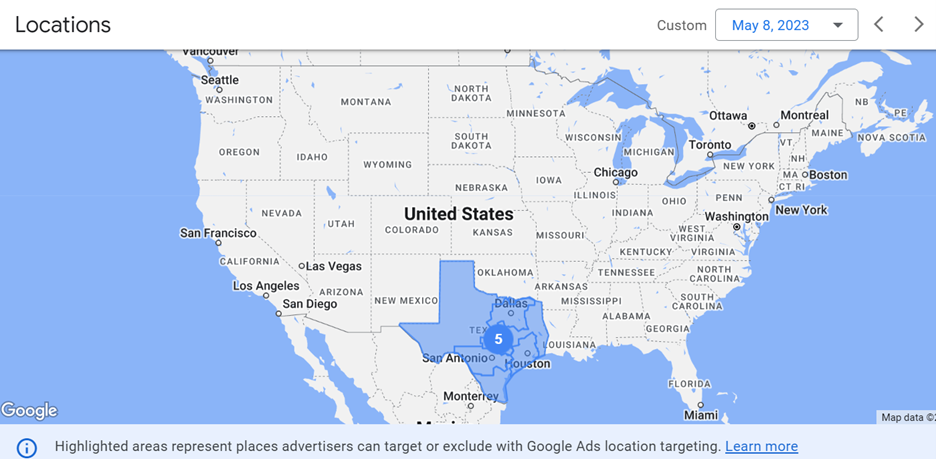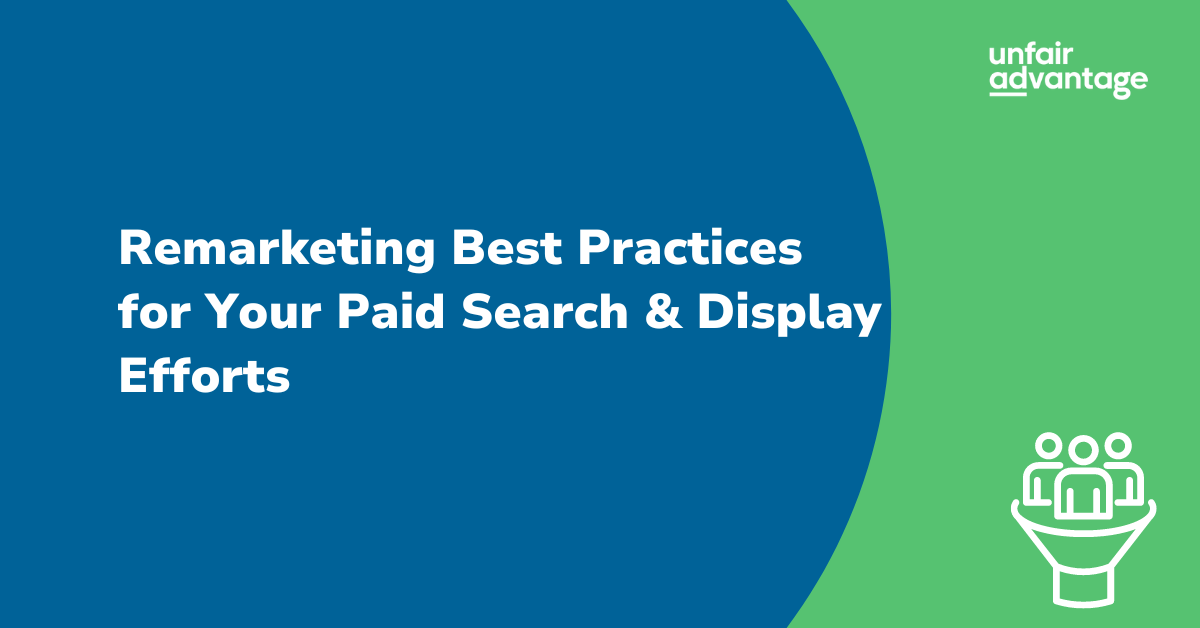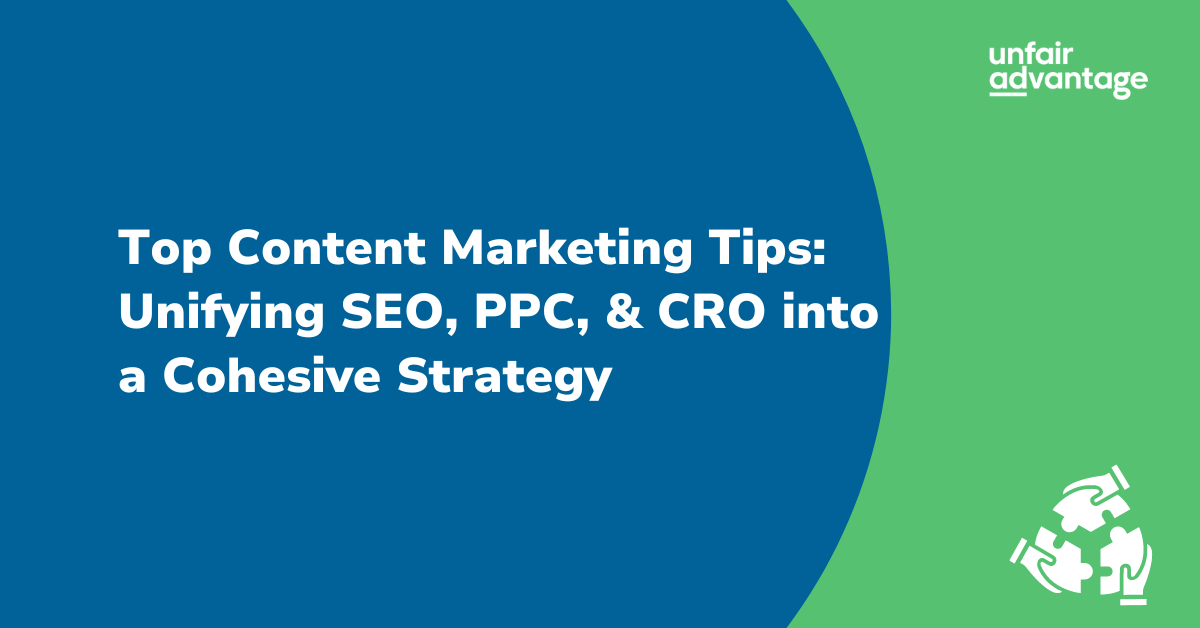
Local Digital Marketing Strategies to Drive Revenue Growth
It’s becoming more important than ever to have a strong local business digital marketing strategy and for small businesses, it can be challenging to keep up with the demand of the increasingly digital world. Simply adding a location name to your content is no longer enough. To truly drive revenue growth, you need to focus on localized messaging and marketing across the digital landscape and we’re here to help !
Key local digital marketing strategies include:
- Using radius targeting and location bid adjustments in your paid ads
- Ensuring your local SEO is comprehensive, including on social platforms
- Optimizing your website for local and mobile searches
- Using location tags and other local strategies on social media
But before we dive into the specifics, let’s talk about why digital marketing for local business is so important.
What is Local Digital Marketing?
While digital marketing can encompass a wide range of tactics and strategies aimed at promoting a business or product online, local marketing strategies are specifically focused on targeting a geographically defined audience. Digital marketing for local business involves using digital channels such as search engines, social media, and websites to reach potential customers within a defined location. Understanding the distinction between these two approaches is crucial for businesses looking to build a strong online presence in their local market.
Why is Local Digital Marketing Important?
Localized marketing is important because it allows businesses to connect with their target audience on a more personal level and more personalized marketing is more effective marketing. By tailoring messaging and promotions to the local market, businesses can increase brand recognition and loyalty. Additionally, with the increase in local search and mobile usage, local marketing strategies can improve your visibility in search engine results and drive more foot traffic to your physical locations.
Who Should Use Local Digital Marketing Strategies?
Any business with a physical location or service area can benefit from leveraging localized marketing. Restaurants, retail stores, medical offices, and service-based businesses are just a few examples! In fact, according to Google, “near me” searches have increased by over 500% in the past 3 years. A strong local business digital marketing strategy is an important part of an overall digital marketing strategy, especially for small businesses .
Tips for Successful Local Online Marketing
Set Up Radius Targeting and Location Bid Adjustments
Radius targeting allows you to target your ads to specific geographic areas. This feature is available in most digital advertising platforms, such as Google Ads and Facebook Ads. Location bid adjustments enable you to adjust your bids based on a user’s location. This means that if a user is searching for your product or service within your target radius, your ad will appear higher in the search results, increasing the likelihood of clicks and conversions.
Below is an example of radius targeting in Google Ads. This business is owned and operated in Texas, however there are four brick and mortar locations in Austin, Dallas, Houston, and San Antonio. They’ve added radius targeting surrounding each store location to target local searchers.

Here is an example of how this business utilizes location bid adjustments to increase visibility near their stores.

Setting up radius targeting and location bid adjustments can be a powerful way to drive more traffic to your website and increase conversions from local customers. However, it’s important to note that this can be time consuming to set up and manage and should not just be set up and then left. PPC management services can help you to handle this and optimize your targeting and bid adjustments for maximum results.
Test Storefront Images in Display Ads
For businesses with a physical location, adding images of your store to your display ads can help build brand recognition and trust with potential customers. Showing searchers what your storefront looks like can help them to find your physical location and feel confident they’re in the right place.
Testing different storefront images can also help you determine which images work best in attracting local customers. For example, images that showcase your storefront during different times of the day, or images that showcase different products or services that you offer.
Invest in Local SEO
Optimizing your website and online presence to rank higher in local search results can help boost traffic to your business . With more and more people searching for businesses online, it’s crucial to have a strong local SEO strategy to help potential customers find your business.
Local searches are happening on all kinds of platforms, not just search engines! Platforms like Google Maps, TikTok, and other social platforms are becoming a source of information for Gen Z for local businesses, products, and services. A comprehensive SEO strategy will help manage your presence on all of these platforms, and can include optimizing your website for local keywords, creating local business listings on directories, and getting more online reviews from satisfied customers.
Localize Your Website
Creating a website that is optimized for your local audience can help you attract more local customers. Every physical location should have its own page on the website, and you should mention the location in your content on all relevant pages. Adding local business and place structured data to all pages relevant to that location can also help Google and other search engines understand each location of your business and show it to potential customers.
Optimize Your Google Business Profile
Your Google Business Profile (GBP) is another crucial tool for attracting local customers. An optimized GBP improves your ability to show up for local searches and can include visually appealing images of your store or products.

It’s important to fill out every field on the profile, as well as adding updates to the profile on a regular basis. Responding to all reviews, both positive and negative, will also help build trust with potential customers.
Claim All Local Listings on 3rd Party Websites
Google Business Profile isn’t the only profile you should optimize. Bing, Apple Maps, Yelp, and other 3rd party websites should all be claimed and treated with the same care as your GBP. Ensuring that your business information is consistent across all platforms can help build trust with potential customers and improve your visibility in local search results.
Optimize Your Website for Mobile
Most local searches happen on mobile devices, so it’s crucial to make sure your website provides a smooth experience for users on mobile. This means ensuring that your website loads quickly and is easily accessible on a smaller screen. Use clear and concise headlines, shorter paragraphs, and larger fonts to make it easier for mobile users to scan your content.
Ensure Your Website is User-Friendly
User experience (UX) is a critical factor in the success of your local online marketing efforts. If your website takes a long time to load or is difficult to navigate, visitors are likely to leave within a matter of seconds and find another business.
To ensure your website is user-friendly, start by identifying the most important information that visitors need to find quickly. This often includes your contact information, business hours, and/or pricing. Make sure this information is prominently displayed on your website, ideally on the homepage or a dedicated contact page.
Additionally, ensure that your website’s navigation is intuitive and easy to follow. Use clear and concise labels for your navigation menu items and ensure that they lead to the correct pages. If you have a large website, consider implementing a search function to help visitors find what they’re looking for quickly.
Use Location Tags on Social
Social media is an extremely powerful tool for local online marketing, particularly if you use location tags. By using location tags on your social media posts, you can increase your visibility to people who are searching for businesses in your area.
To use location tags, ensure that your business’s social media profiles are up to date and accurate. Add your business’s location to your profiles and ensure that your contact information is correct. Then, when you post on social media, add a location tag to your post. This will help your post appear in search results when people search for businesses in your area.
Below is an example of how businesses using location tags appear on the explore feed on Instagram. This feature allows users to easily search local businesses in their area and view their profile to gain more information.

Where Should You Start?
Local digital marketing can be a game-changer for small and local businesses looking to grow and expand their customer base. By using targeted ads, investing in local SEO, optimizing your website, and utilizing social media, you can increase your online visibility and connect with potential customers in your local area.
With the increasing importance of online presence, it is crucial for businesses to adapt to these digital marketing strategies to remain competitive in the market. However, implementing these tips can take time, which is why Unfair Advantage is here to help.
Let’s talk about how to tailor your local online marketing strategy to help reach your target audience and grow your business!

